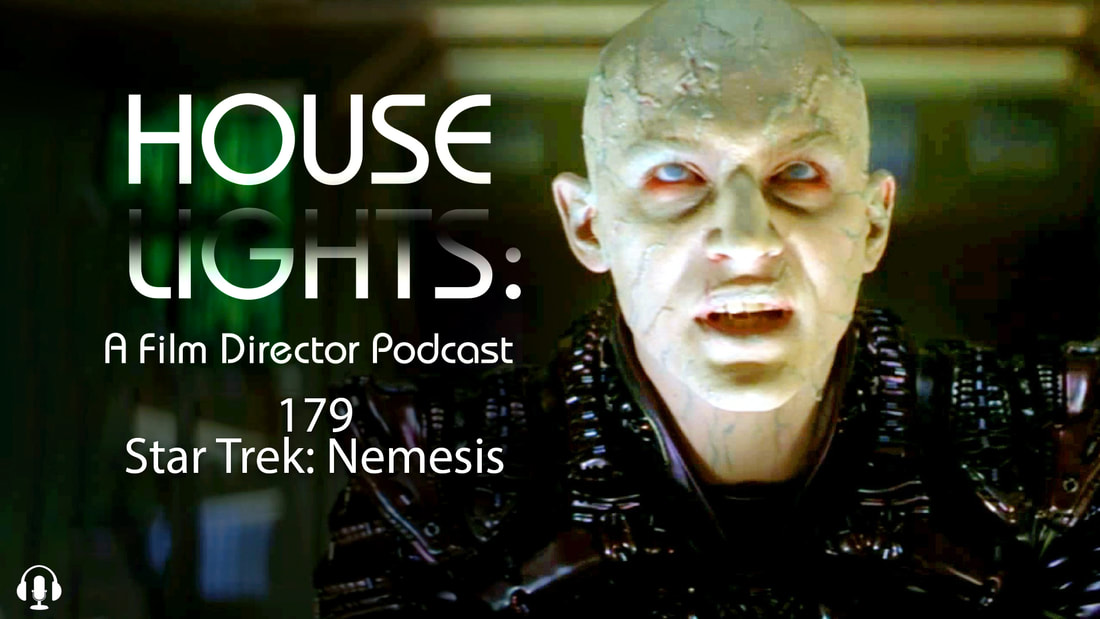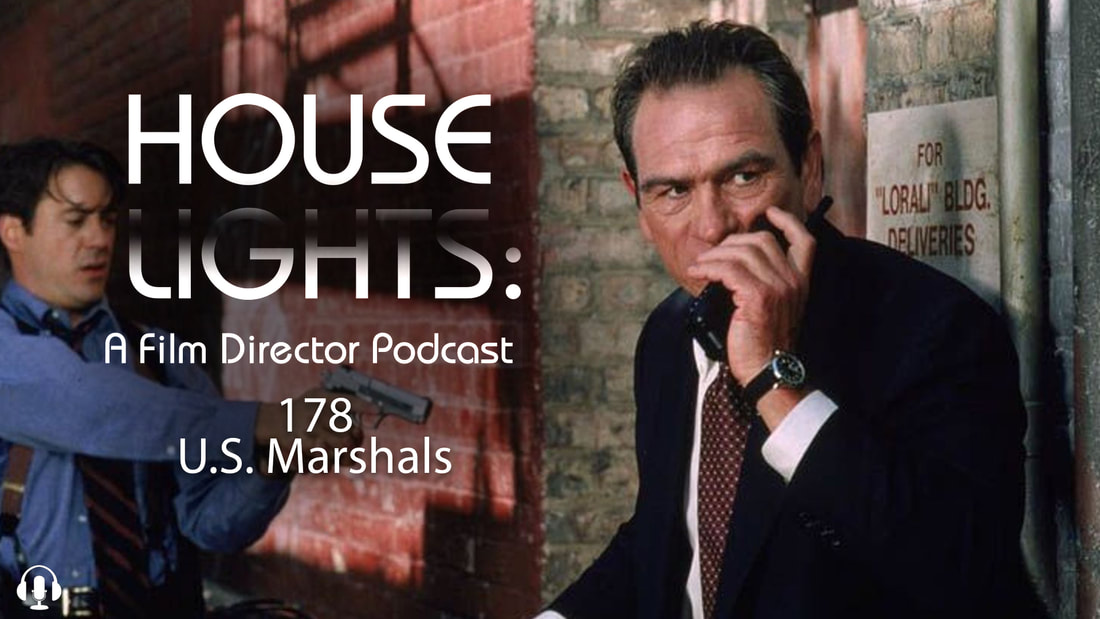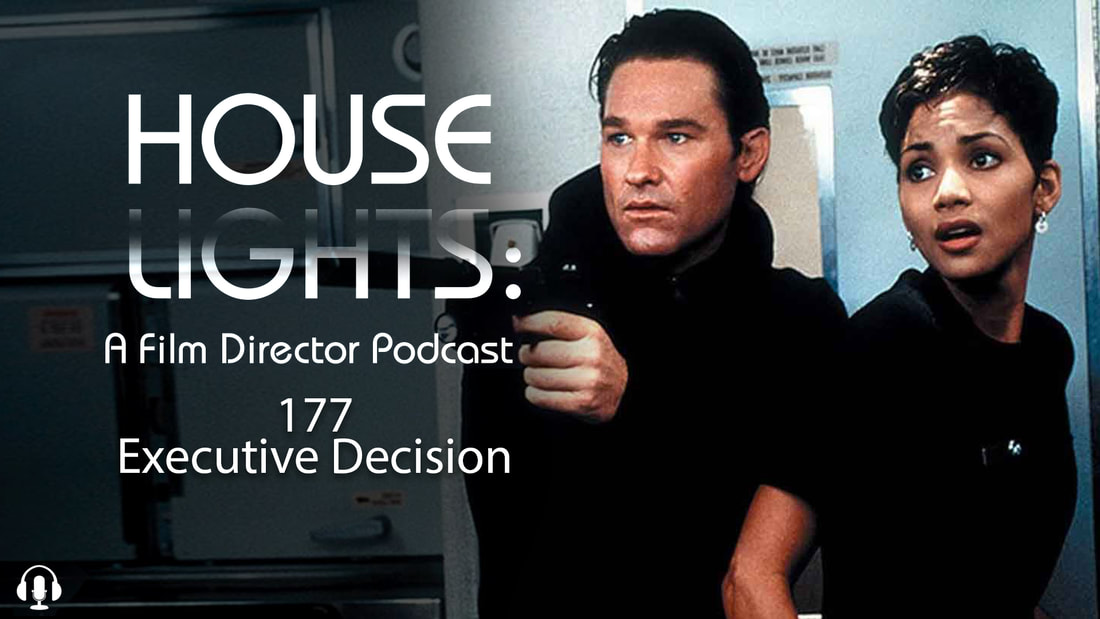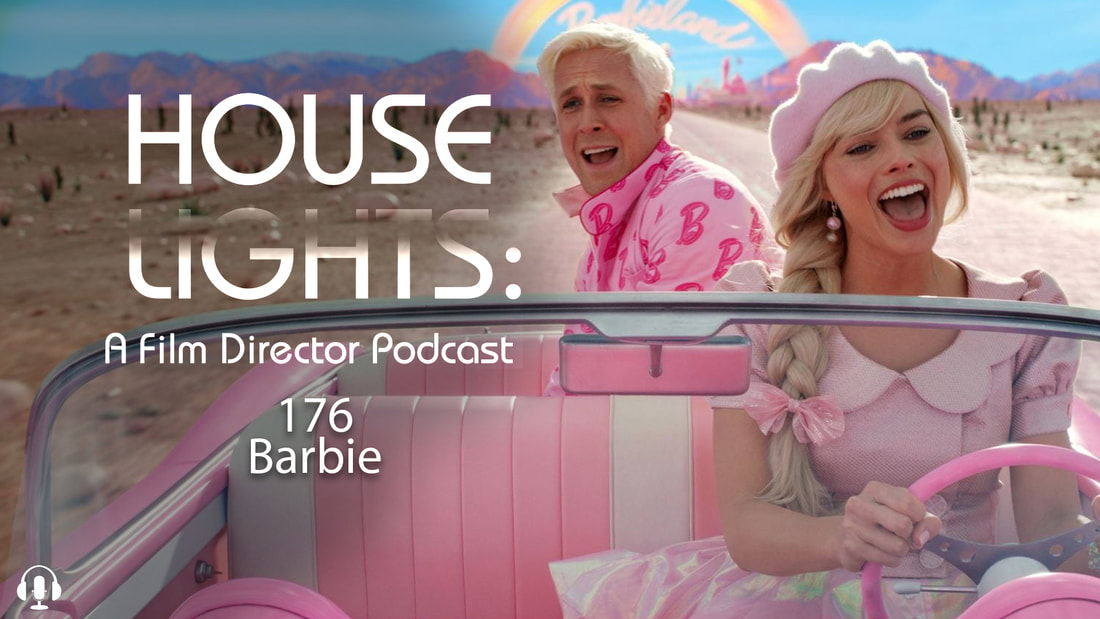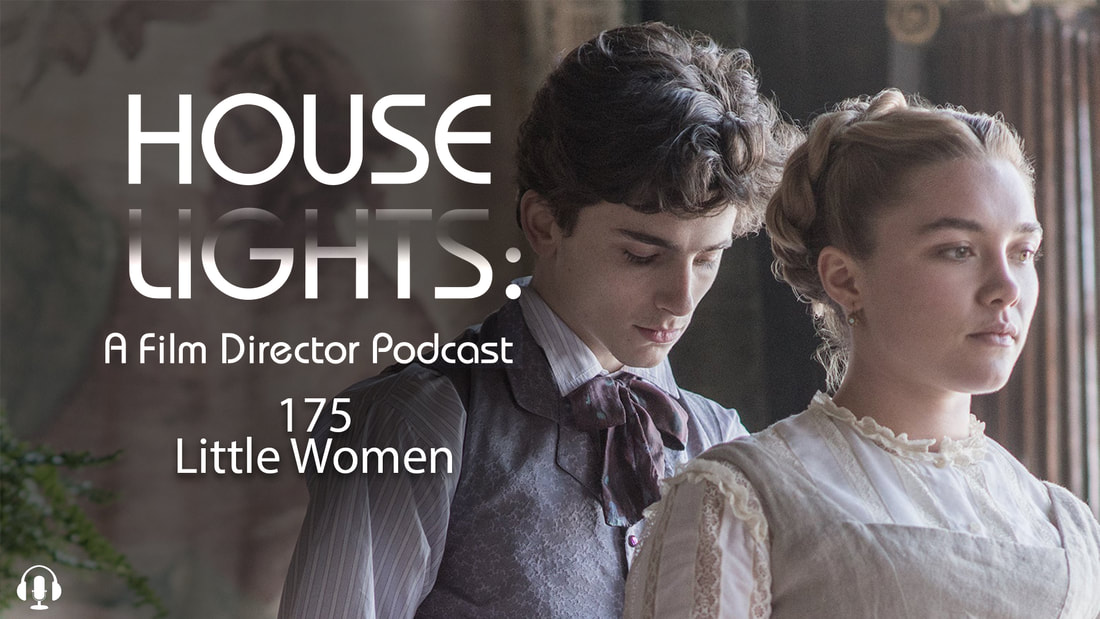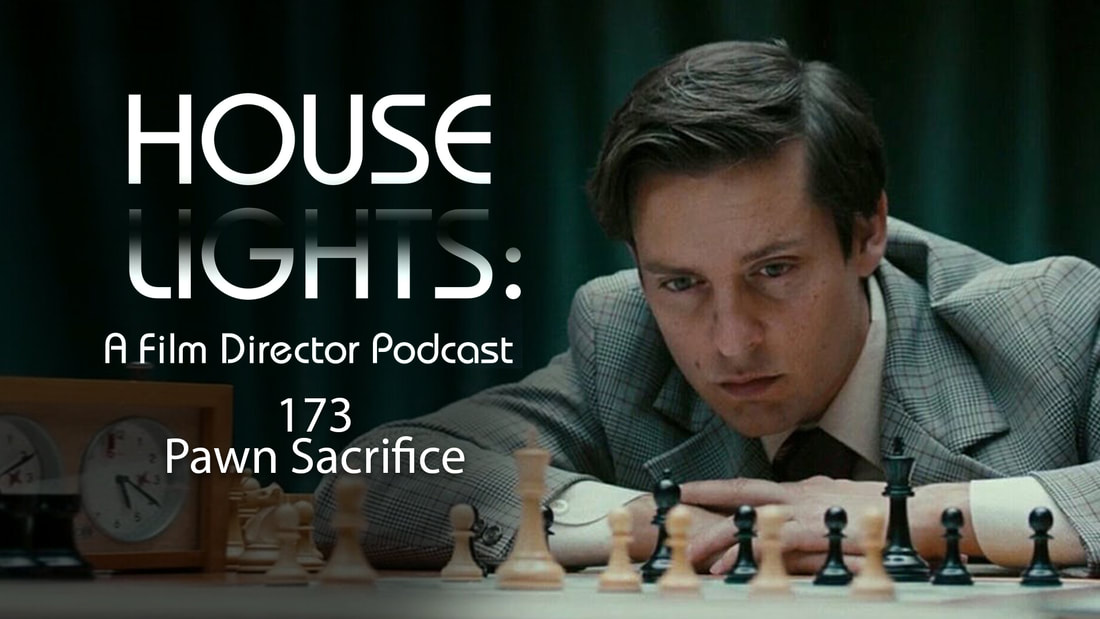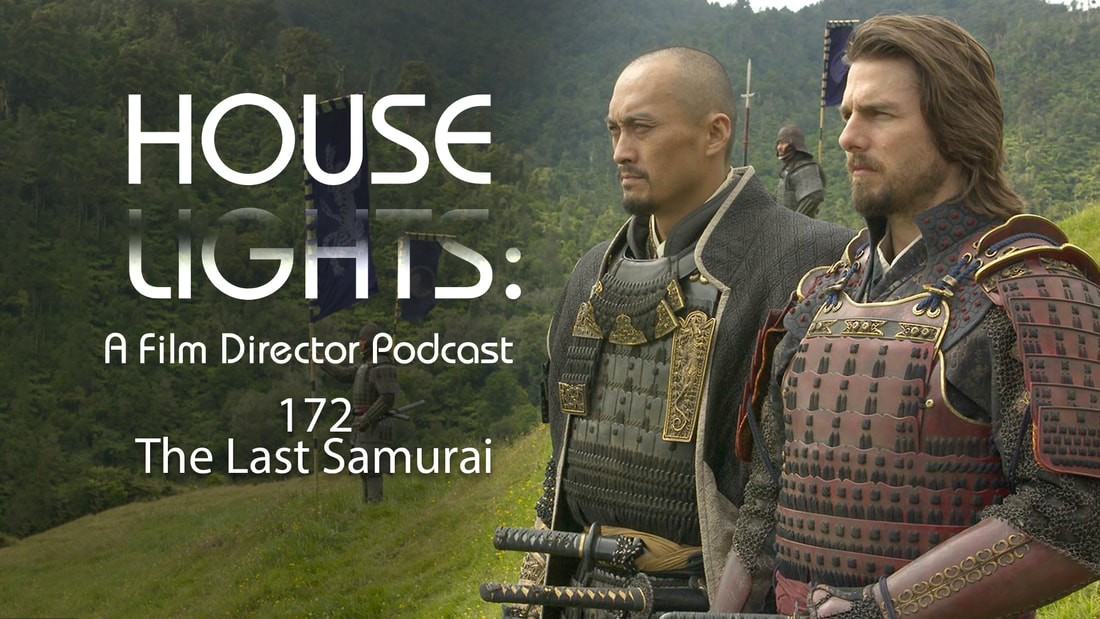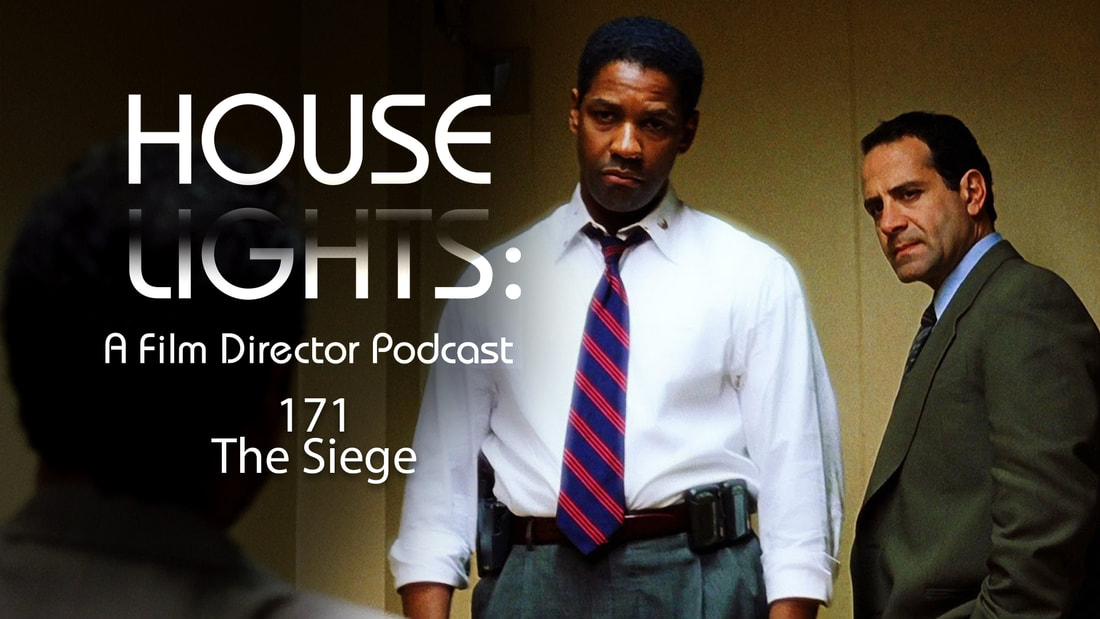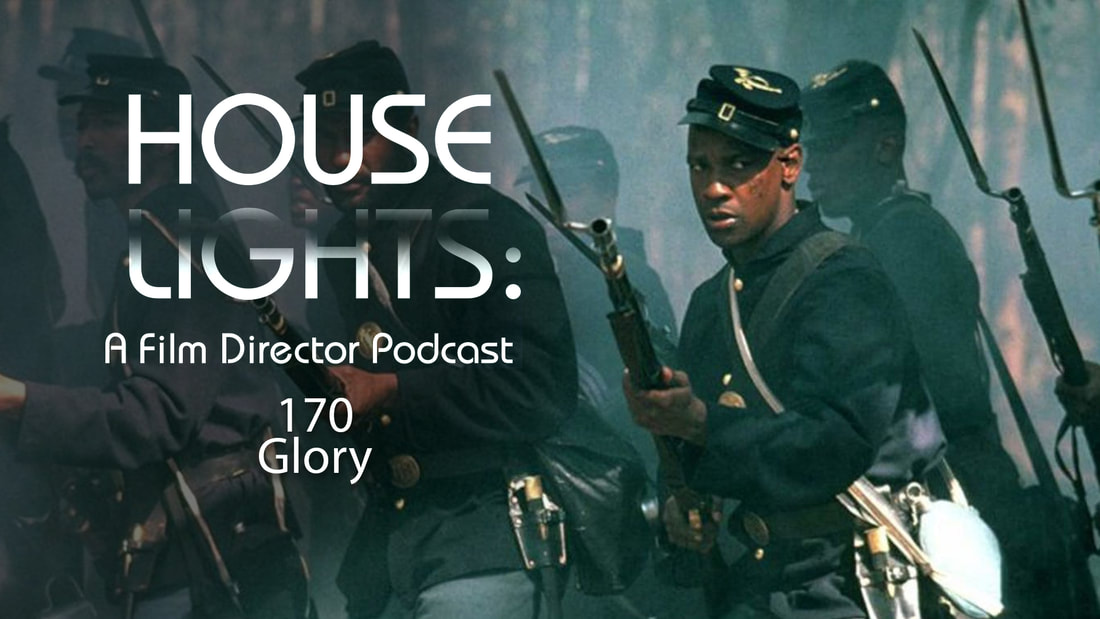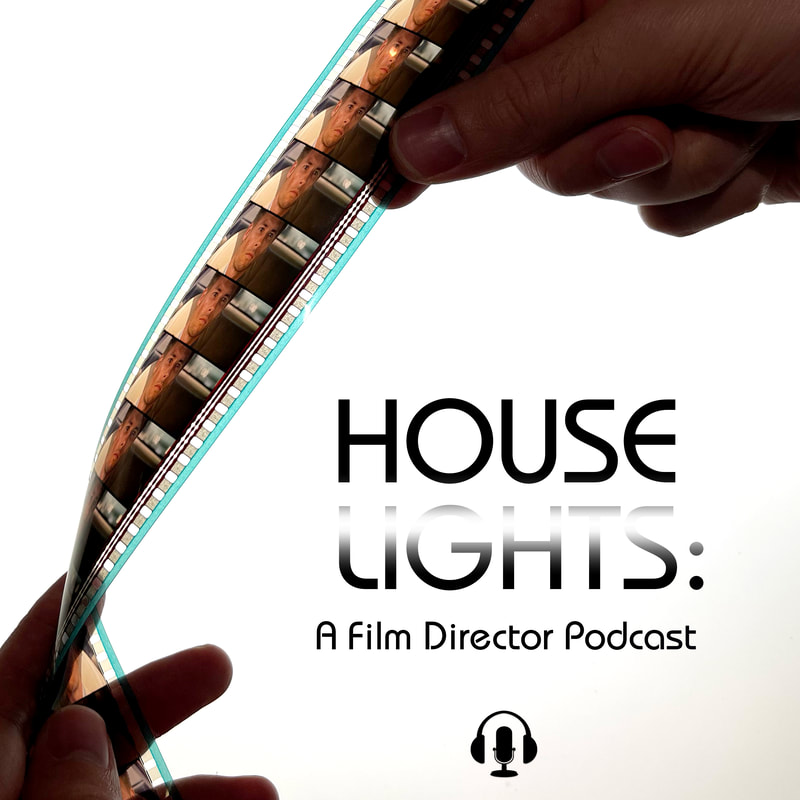|
Director Stuart Baird attempts to navigate the complex waters of Star Trek lore, bringing a darker tone to the franchise. The thematic exploration of identity, through the lens of Picard and his clone, offers a compelling study of nature versus nurture. However, the execution falls short of its ambitious premise.
*This episode contains discussions of fictional sexual assault.*
“U.S. Marshals” may not surpass its predecessor, but it still offers solid entertainment, especially for fans of action thrillers. While it lacks Harrison Ford’s star power, Tommy Lee Jones holds the film together with his compelling portrayal of Sam Gerard.
Stuart Baird's "Executive Decision" may have its quirks, but it's an adrenaline-fueled thriller that keeps viewers hooked from takeoff to landing. Baird's directorial debut showcases his talent for suspense, making this a memorable addition to the action genre.
With its heartfelt message of self-acceptance and dazzling visuals, Barbie is sure to capture the hearts of audiences of all ages. Greta Gerwig has once again proven herself a fantastic storyteller, and the film further evidences her talent and vision.
Greta Gerwig's "Little Women": A cinematic marvel that delicately stitches together the threads of sisterhood, ambition, and love. Gerwig's adaptation dances between past and present, breathing life into Louisa May Alcott's beloved characters. Saoirse Ronan's portrayal of Jo March is a symphony of passion and vulnerability. With its bold choices and luminous storytelling, "Little Women" invites us to ponder our own dreams against the backdrop of history.
Gerwig’s semi-autobiographical script captures the essence of adolescence—the yearning for independence, the clash with parental expectations, and the search for identity. Lady Bird’s journey feels real, raw, and deeply personal. Exceptional performances, hyperrealism, quirky characters, and a nostalgic soundtrack make this film a must-watch. It’s a reminder that even in the ordinary moments, there’s extraordinary beauty waiting to be discovered
Pawn Sacrifice raises questions about obsession, genius, and the sacrifices made in pursuit of excellence. Whether you’re a chess enthusiast or a curious filmgoer, this movie offers a glimpse into a battle that transcended the chessboard—a battle of ideologies during a tumultuous era.
Set against the backdrop of Japan’s Meiji Restoration, the film follows the journey of Captain Nathan Algren (played brilliantly by Tom Cruise), a disillusioned American Civil War veteran. Algren is hired by the Japanese government to train their newly formed army in Western warfare techniques. However, fate leads him to the samurai, a group fiercely resisting modernization.
“The Siege” goes beyond mere action-thriller territory. It delves into the political and human costs of terrorism and our collective response to it. The film raises thought-provoking questions about civil liberties, prejudice, and the impact of terrorism on society. By doing so, it elevates itself beyond the typical genre fare.
“Glory”, directed by Edward Zwick, is a powerful and poignant historical war drama that chronicles the remarkable story of the 54th Massachusetts Infantry Regiment, one of the Union Army’s earliest African-American regiments during the American Civil War. The film portrays their courage, heroism, and sacrifice as they face both Confederate forces and racial prejudice within their own ranks. Denzel Washington’s Oscar-winning performance and exceptional cinematography make “Glory” a must-see tribute to the resilience and determination of these soldiers.
|
Show DescriptionIf you’re looking for the best movie podcast for everyone who appreciates movies, subscribe to “Houselights” today! |

